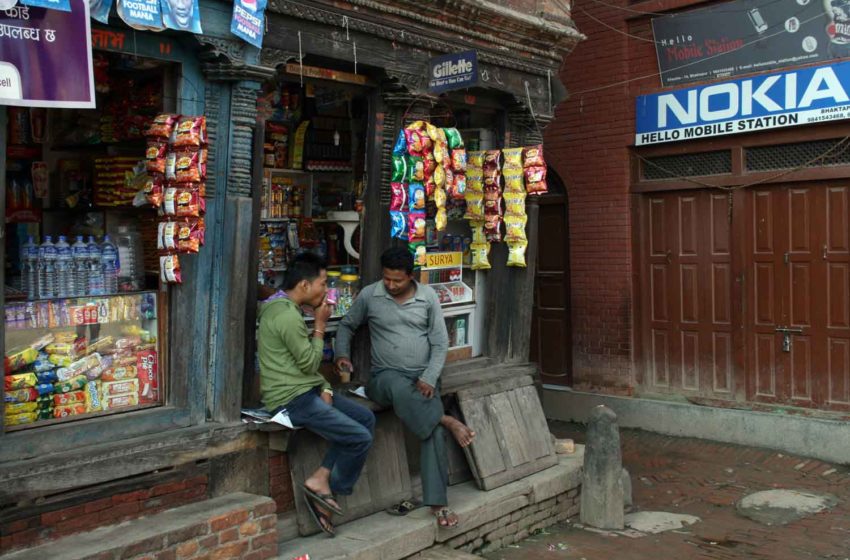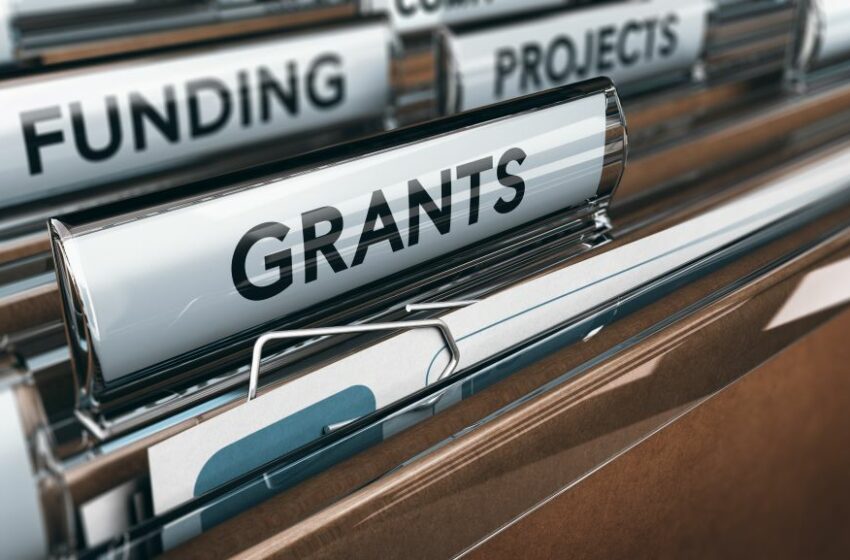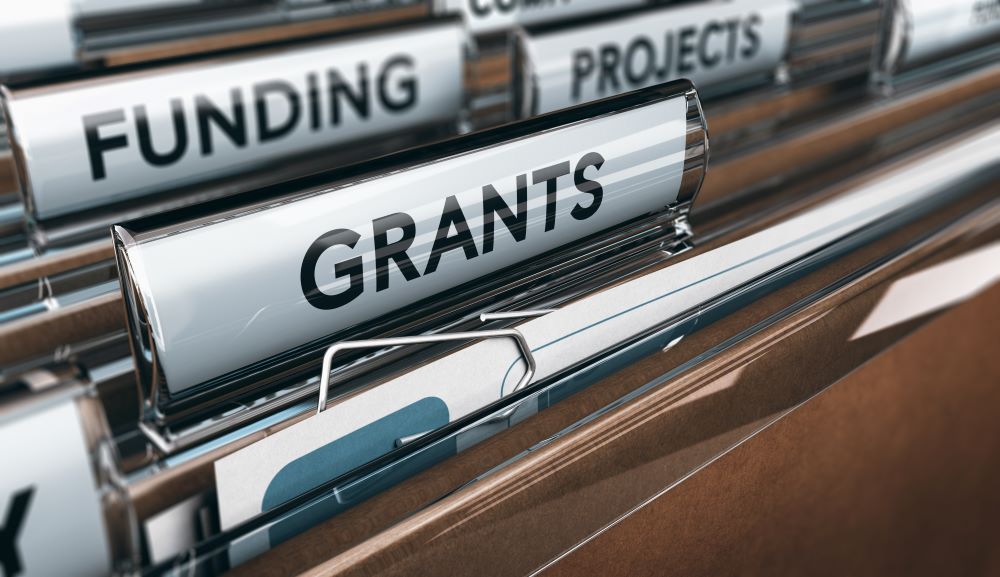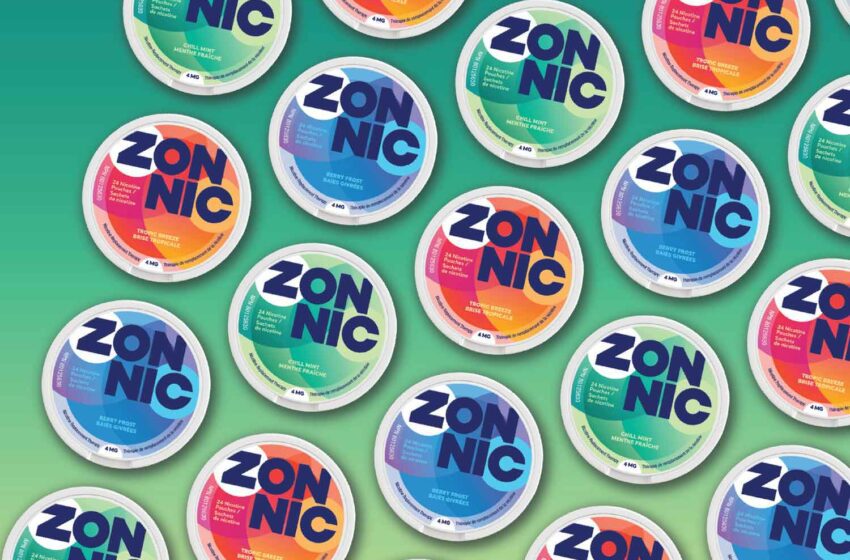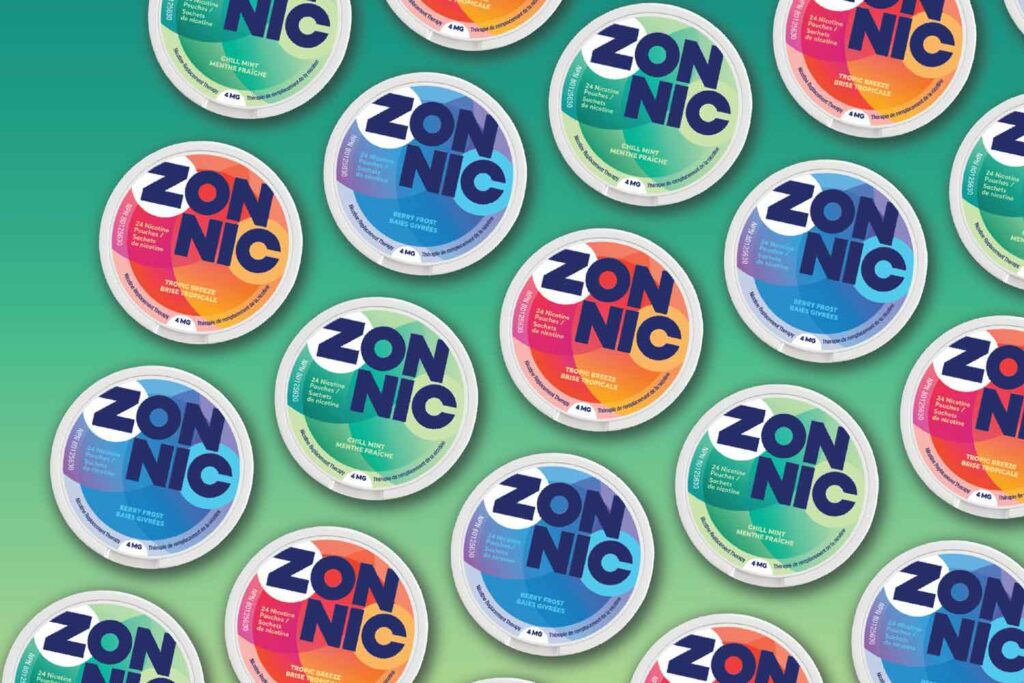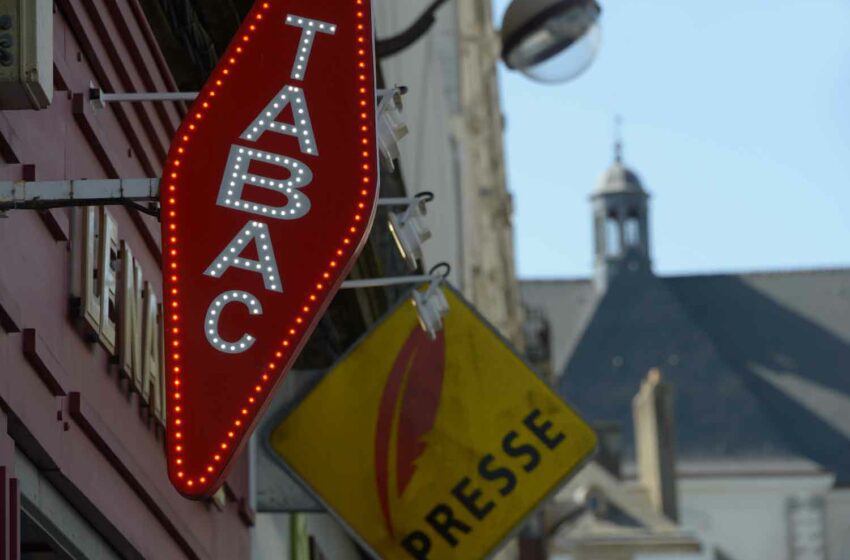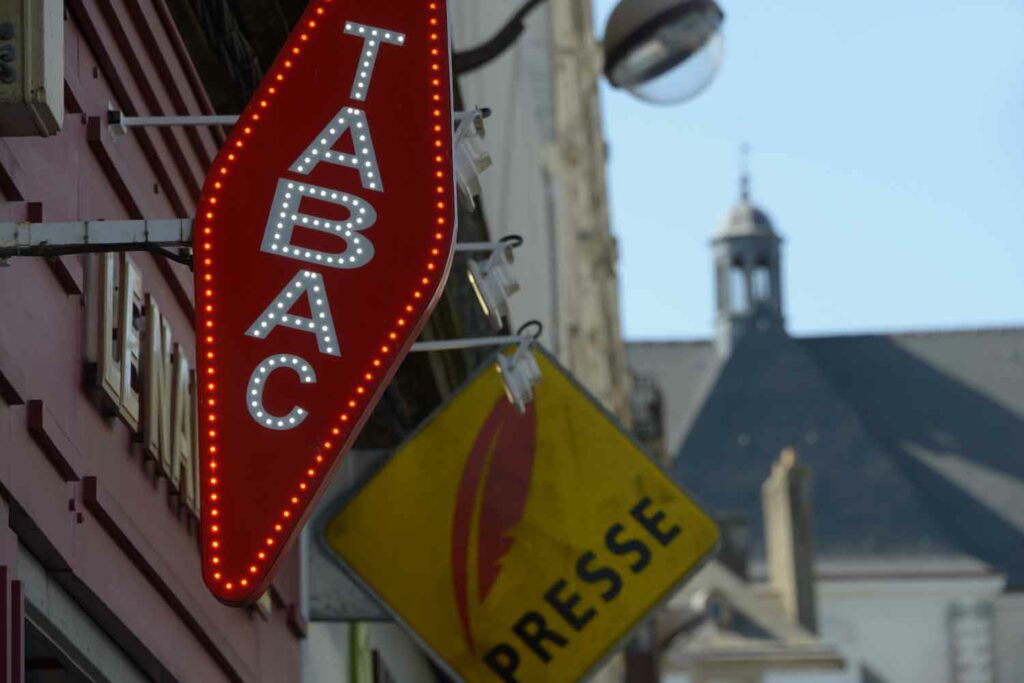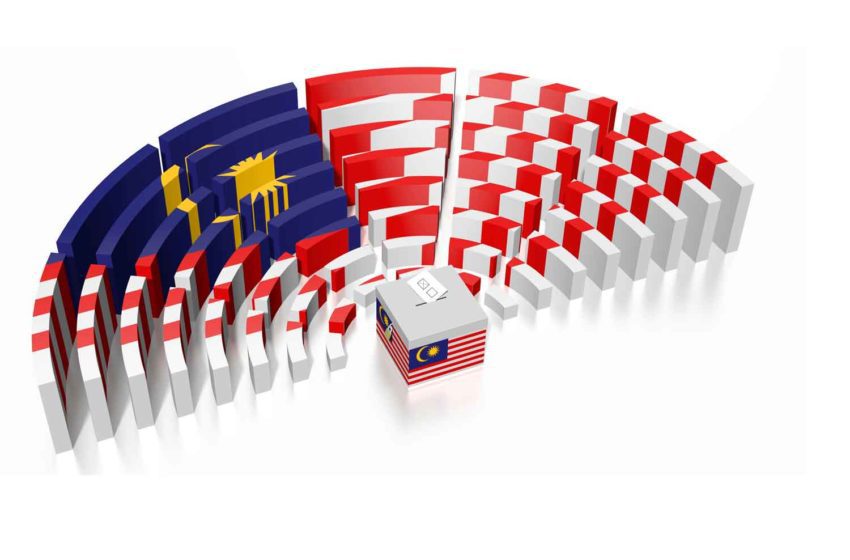France will increase tobacco taxes, ban disposable vapes and further restrict outdoor smoking as part of an ambitious plan to reduce the health impact of tobacco consumption and create a “tobacco-free” generation by 2032, a term that is usually defined as a situation in which less than 5 percent of the population smokes.
Smoking rates in France have remained roughly unchanged since 2019 after decades of regularly declining, according to French public health authorities. Nearly a quarter of French adults, or about 12 million people, still smoke daily. Smoking is the leading cause of avoidable mortality in France, causing about 75,000 deaths per year.
Some 15 percent of teenagers have vaped, and 47 percent of them started their nicotine consumption through e-cigarettes, according to an ACT Alliance Contre Le Tabac survey published in November.
The government plan bans smoking on beaches, near public buildings like schools and in public parks and forests next year. Previously, local authorities had already barred people from smoking at more than 7,000 outdoor locations, including at beaches, forests and parks across the country, but there was no nationwide ban.
The government also wants to extend the plain packaging requirement for cigarette packs to vaping products and set a minimum tobacco price of €13 ($14) per pack.
Health Minister Aurelien Rousseau said the government will enact most measures by degree early next year. The ban on disposable vapes, however, will require legislation that is expected to go to Parliament in December.
While welcoming France’s ambition to end smoking, tobacco harm reduction activists expressed concern about the planned ban on single-use vapes, which they described as a step backward in the fight against smoking.
“Such prohibitions only serve to drive consumers either back to smoking or to black markets,” said Michael Landl, director of the World Vapers Alliance, in a statement.
“We’ve seen time and again that prohibition doesn’t work. France should look to countries like Sweden, where a balanced approach to harm reduction has led to significant public health gains. The French government must recognize the importance of offering a variety of less harmful alternatives to smokers.”



